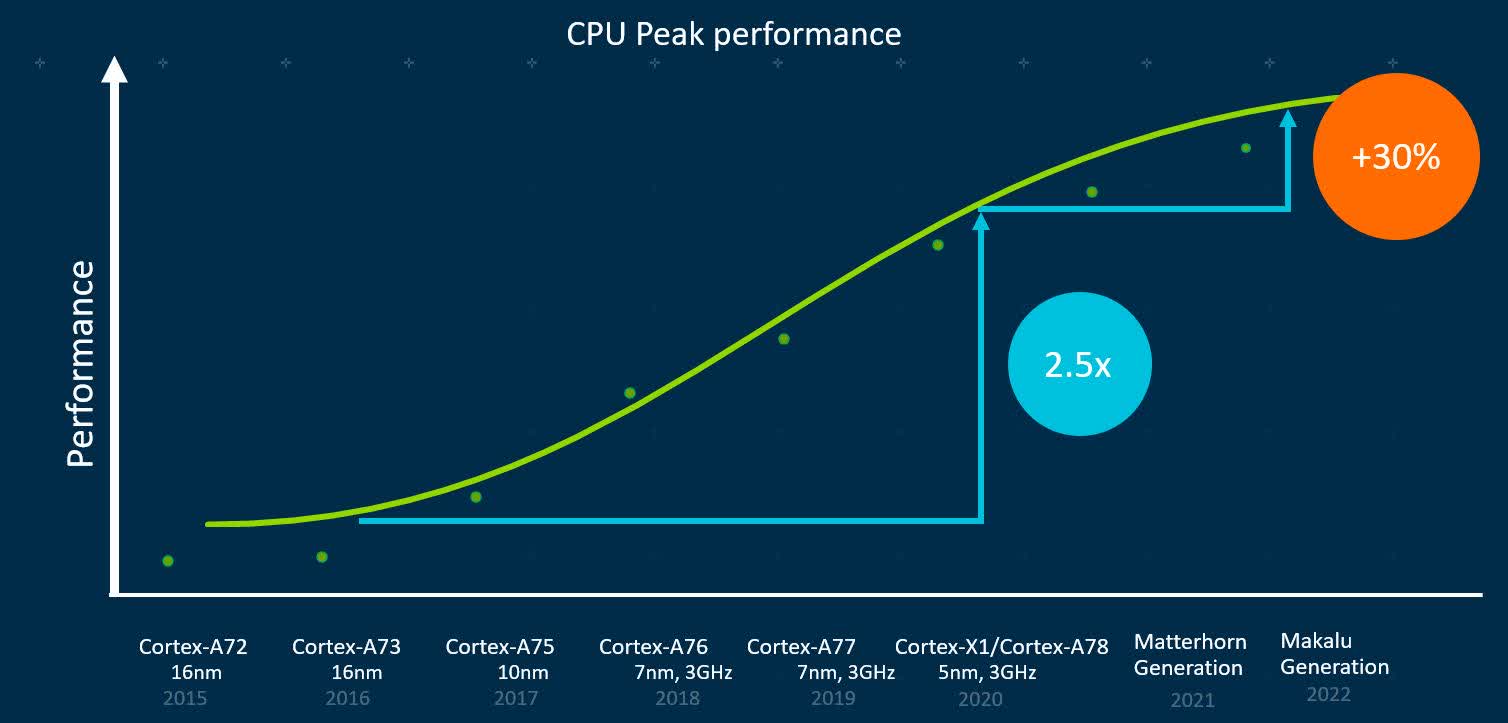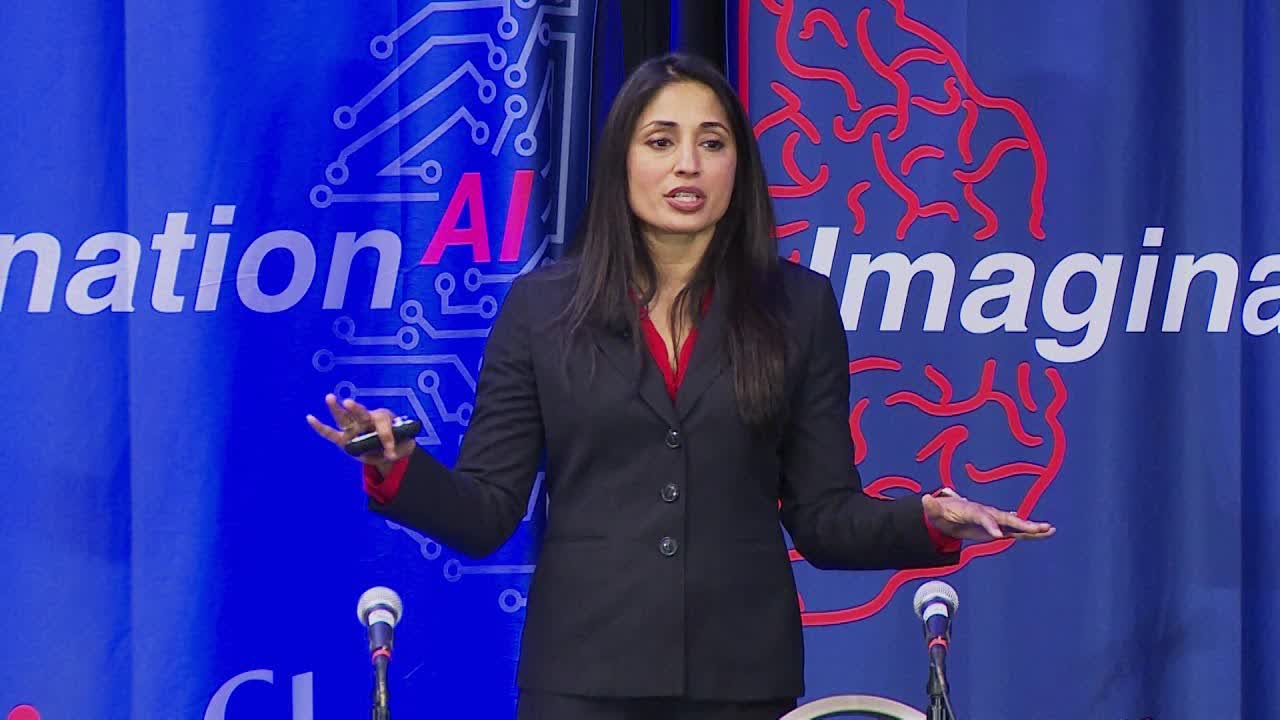Why it matters: Arm has announced that it is working on a new generation of 64 bit CPUs that will recast the market dynamics in terms of security and performance, offering a 30 percent performance boost over current chips. According to the company, the new processors are designed to amp up raw computing power and overall performance, achieved through a transformative system-on-chip (SoC) design approach.

Paul Williamson, vice president and head of Client Line of Business at Arm, has revealed that the new CPUs codenamed Makalu and Matterhorn will have up to 30 percent real-world performance uptick compared to the current Cortex-A78 systems. Cortex-A78 chips are designed to power premium smartphones and multiple form factors.
Arm highlights that the current mobile chip requirements have a few snags because of the increasing use of localized processing power. This drawback, it says, increases the need for more robust 64-bit chip platforms.
This is largely down to their effectiveness. 64-bit systems are generally more efficient and responsive compared to 32-bit architectures. As such, they are essential for CPU-intensive computing tasks such as Artificial Intelligence, Extended Reality, and immersive gaming applications. Arm's 64-bit chip architecture for mobile devices is expected to be realized by 2023. The shift to 64-bit systems is in lockstep with changing trends. Google has required apps submitted to Google Play to have 64-bit compatibility since August last year.
Arm also announced that the new generation of Total Compute and Matterhorn CPUs will have a new exploit prevention feature called Memory Tagging Extension (MTE). It will reportedly prevent memory subsystem security breaches through faster detection and enhanced protocol safeguards.
This is a unique addition due to the sheer complexity of thwarting memory-targeting malware. Widely referred to as fileless malware, this class of malicious software embeds itself onto the ROM system, and is exceptionally hard to detect. Many conventional antimalware tools fail in this undertaking.

Dipti Vachani, the senior vice president at Arm, has announced a new collaboration with Microsoft
Arm is also currently involved in a partnership with Microsoft to smoothen out data transfer processes from machine chip sensors to the Microsoft cloud. The process which is used for analysis and maintenance has historically faced signal maintenance issues, and Arm is working to overcome this latency problem.
Speaking to Reuters on Thursday, Dipti Vachani, the senior vice president at Arm, said that the firm was focused on solving the problem using AI technology, stating, “We’ve taken care of the things that matter. That streamlined artificial intelligence experience is what’s going to allow this to scale.”
https://www.techspot.com/news/87035-arm-announces-new-generation-64-bit-enhanced-performance.html